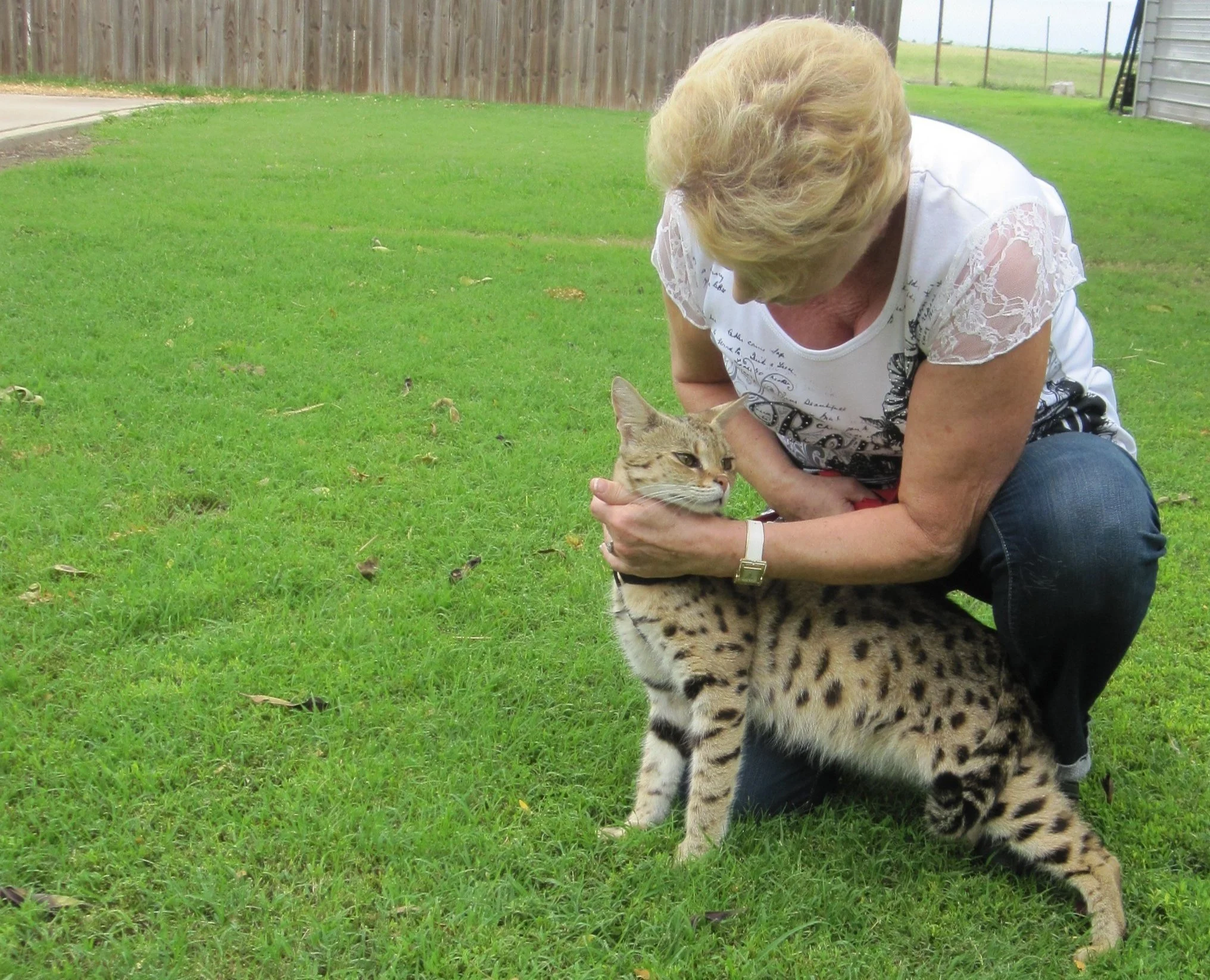As a pet parent, you are responsible for the health and well-being of your furry companion. You need to feed it on time, take it for daily walks, groom it regularly, and ensure timely vet visits. Statistics show that pet expenditures in the US increased 77.9% from 2013 to 2021. It indicates that Americans are going the extra mile to give the best to their pets.
However, the basics are only half the work as you must maintain good hygiene practices to ensure your pets' comfort and your family’s health in the long run. Unfortunately, people often overlook this aspect, without realizing the significance of a hygienic and safe environment for animals and humans. A little extra effort is enough to ensure it.
In this article, we will explain a few actionable hygiene rules every pet parent must prioritize to keep their furry friends healthy and happy.
Rule #1: Maintain a Regular Grooming Schedule
Regular bathing and grooming are fundamental aspects of pet hygiene. However, you cannot take a one-size-fits-all approach in this context. Whether you adopt a dog or a cat, consider its unique needs to decide how regular you should be. Factors like coat type, fur thickness, age, seasonality, and health conditions determine the requirements.
According to PetMD, some dog breeds require more frequent grooming than others. A weekly routine for cleaning their ears, shortening their nails, and taking care of tangles in their fur is enough for most breeds. You may need to use de-shedding tools every other day for a dog with a thicker coat. A weekly bathing schedule is good enough, though you can space baths longer apart.
Remember to use proper bathing techniques and pet-safe shampoos to keep your pet's skin and coat clean and avoid skin irritation. Give extra attention to sensitive areas such as eyes, ears, and paws during grooming sessions. You can use professional grooming services for haircuts and nail trims.
Rule #2: Ensure a Clean Living Environment
Nearly 66% of American families own a pet, translating into 86.9 million households. Not all these homes have a great deal of extra space for furry inhabitants. Whether you can give your pet a dedicated space or share your room with it, ensure it gets a clean living environment. Regularly clean and disinfect its living areas, such as bedding, crate, litter box, and feeding bowls to prevent the buildup of bacteria, mold, and unpleasant odors.
Also, mop and vacuum floors daily, specifically in areas frequented by your pet. It helps remove animal hair, dander, and tracked-in dirt. Scoop your pet's litter box daily to prevent unpleasant odors. A clean living environment makes a comfortable and sanitary space for your pet and ensures a germ-free home for your family.
Rule #3: Follow Proper Waste Disposal Protocols
Waste disposal is another pet parenting responsibility you should not undermine. Besides being a matter of cleanliness, it is a public health concern. Responsible waste disposal is crucial to minimize the risk of environmental contamination. Letting your pet litter around during walks is a blunder you should avoid. Always pick up after it and dispose of waste in designated receptacles.
You can engage professional pet waste removal services to ensure cleanliness and hygiene at your home. With experts making the process hassle-free, you can focus on the other aspects of pet care. At the same time, you feel the satisfaction of contributing to a healthier community for both humans and animals.
Scoop Soldiers highlights the importance of keeping your yard clean and poop-free, which seems impossible when you raise a furry friend. However, professionals take care of everything, from cleaning your space to hauling the waste away.
Rule #4: Practice Good Personal Hygiene
When it comes to hygiene rules, they go beyond following best practices to keep your pet’s surroundings clean. Wash your hands thoroughly after handling pets, their food, or waste to prevent the spread of bacteria or parasites. Pet bonding is a great thing, but you should avoid letting it lick your face to minimize the transfer of pathogens.
Stay ahead of vaccination schedules and parasite prevention treatments as recommended by your veterinarian. It will help you build barriers against infectious diseases that may be transmitted from animals to humans Good hygiene enables you to enjoy a close bond with your pet while minimizing the risk of infection or illness.
Hygiene should be on top of the checklist of pet parents as it promotes the health, comfort, and well-being of furry companions. It also keeps your family safe from contagious infections and illnesses. Following these simple rules is enough to ensure optimal hygiene and health.


